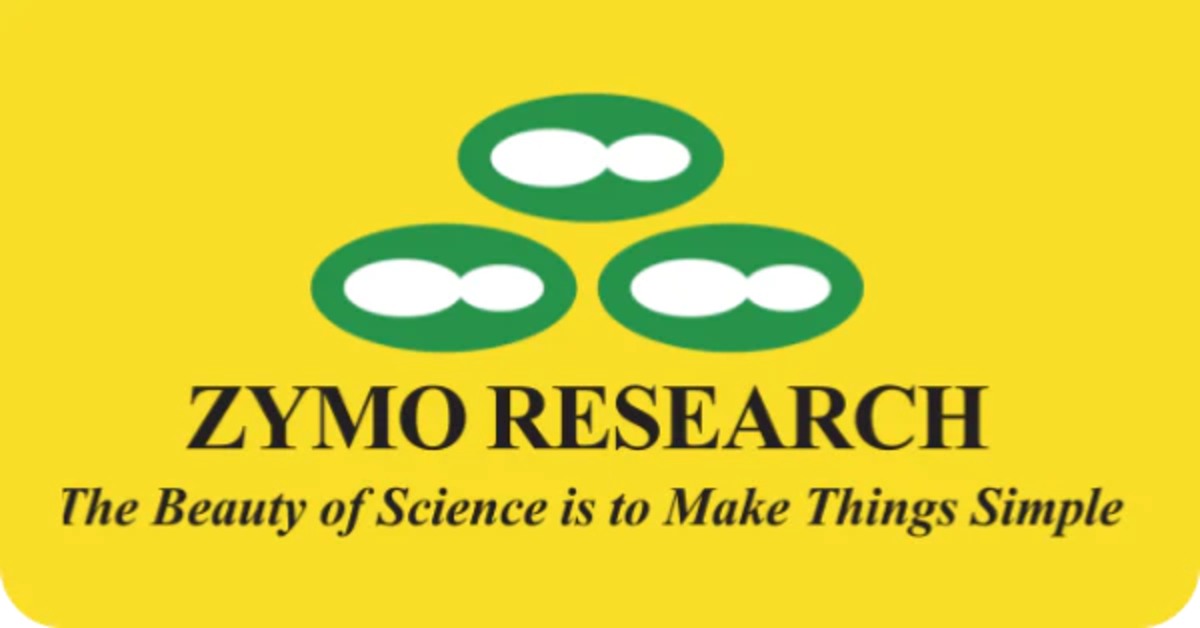The RNA sequencing revolution empowers all corners of biology
RNA sequencing is transforming biological research, and universal ribosomal RNA (rRNA) depletion is crucial for enabling scientists to study a wide range of organisms, from pathogens to essential crops, beyond traditional model species.

Figure 1: An illustration showing strands of ribonucleic acid (RNA). RNA sequencing has become an important tool for studying the transcriptome. (1)
RNA sequencing (RNA-seq) has become an essential method for transcriptomic analysis, with its use expanding rapidly across the life sciences. However, the high abundance of ribosomal RNA (rRNA), which can constitute up to 90% of total RNA in samples, presents a significant challenge by obscuring other RNA species and reducing sequencing efficiency. Traditional strategies, such as poly-A tail-based mRNA capture or probe-based rRNA depletion, are often limited, particularly when working with non-model organisms, and typically require custom probes that are time-intensive and risk RNA loss.
Recent advancements in rRNA depletion for RNA-seq have introduced more efficient and broadly applicable methods. The Zymo-Seq RiboFree Total RNA Library Kit, for example, uses an enzyme-based, probe-free approach to rRNA removal. This innovation streamlines rRNA depletion RNA-seq workflows across diverse species, facilitating research in several fields:
Plant molecular biology
Researchers studying the chloroplast genome of Nicotiana tabacum used RiboFree to investigate the impact of removing inverted repeat (IR) regions, revealing their influence on ribosome biogenesis and translational capacity. These findings offer valuable insights for synthetic biology.
Crop virus studies
The kit enabled identification of RNA viruses (endornaviruses) in Phaseolus vulgaris, a critical crop in Africa. This could inform breeding strategies to harness potential viral benefits or mitigate negative effects.
Microbiological research
A study on Mycobacterium tuberculosis demonstrated strain-specific gene expression changes following exposure to lung alveolar fluid, offering new perspectives on early host–pathogen interactions during tuberculosis infection.
Wildlife disease surveillance
Metatranscriptomic analysis of frozen tissue from a pygmy rice rat uncovered hantavirus distribution patterns, contributing to future diagnostic approaches and viral ecology understanding.
Neurobiology
In Drosophila melanogaster, the RiboFree kit was used to study long non-coding RNAs in the antenna, highlighting potential links to neural function and development, which may have implications in human neuroscience.
References
- Image Credit: Christoph Burgstedt/Science Photo Library/ Getty Images.
This article is based on a publication by Nature and Zymo Research. You can read the original here.
Featured supplier

Zymo Research
Zymo Research is a leader in molecular biology, offering a comprehensive range of products for DNA, RNA, and epigenetics research. Established in California in 1994, the company is renowned for its high-quality nucleic acid purification technologies, including kits and reagents for DNA and RNA clean-up, isolation, and sequencing. Zymo is also a pioneer in epigenetics, with products for DNA methylation analysis, chromatin analysis, and NGS library preparation. Each product is designed to be simple to use, reliable, and available at competitive prices, making them ideal for both academic and biopharmaceutical research.
